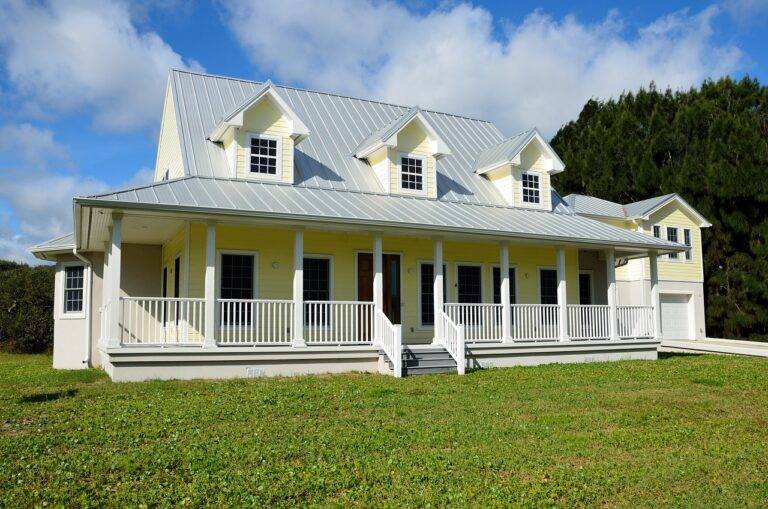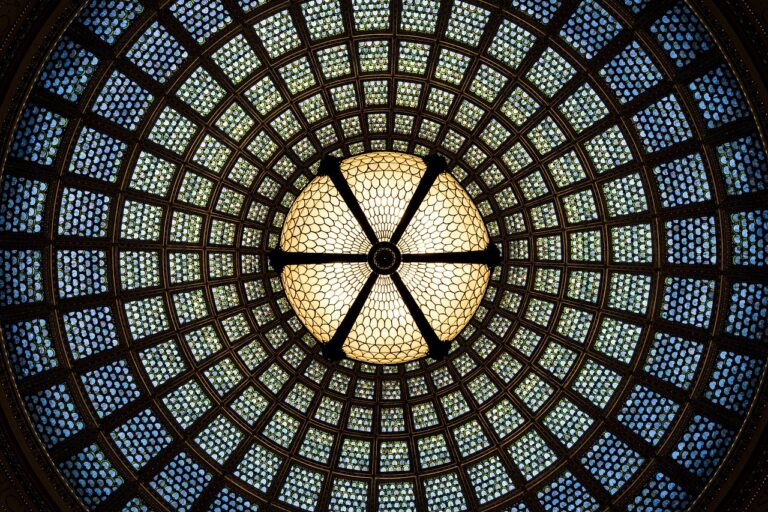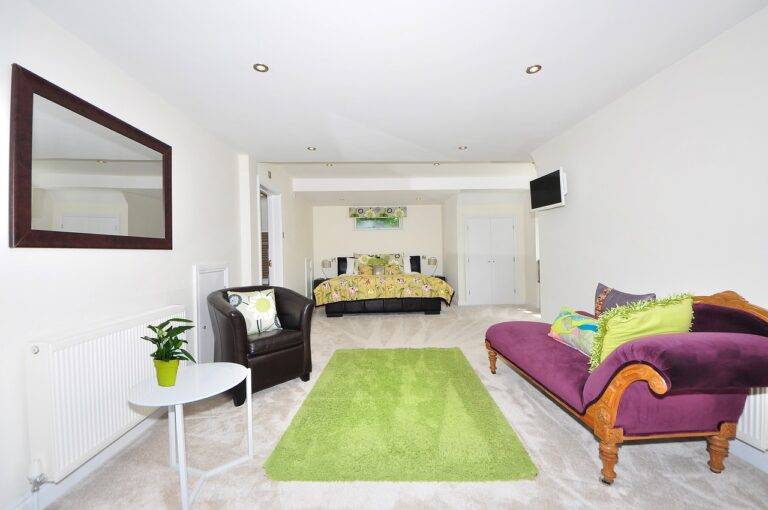The Impact of Attic Conversions on Home Utility Bills
world7.com, mahadev app login, silverexch login:Attic conversions are a popular home improvement project for homeowners looking to add more living space to their homes. However, many people are often concerned about the impact of attic conversions on their home utility bills. In this article, we will delve into the details of how attic conversions can affect your utility bills and provide some tips on how to minimize any potential increase in costs.
First and foremost, it’s essential to understand that attic conversions can have both positive and negative effects on your home utility bills. On the one hand, properly insulated and ventilated attic spaces can help improve the overall energy efficiency of your home, leading to lower heating and cooling costs. On the other hand, if the attic conversion is not adequately insulated or ventilated, it can actually increase your utility bills as your HVAC system works harder to maintain a comfortable temperature.
Heading: Insulation
Proper insulation is key to ensuring that your attic conversion does not lead to a spike in your utility bills. Insulating your attic space can help prevent heat loss in the winter and heat gain in the summer, making it easier for your HVAC system to regulate the temperature inside your home. When insulating your attic, it’s essential to use the right type and amount of insulation to achieve optimal energy efficiency.
Heading: Ventilation
In addition to insulation, proper ventilation is also crucial for maintaining a comfortable and energy-efficient attic space. Good ventilation helps prevent moisture buildup, which can lead to mold growth and poor indoor air quality. It also helps regulate the temperature in your attic, reducing the strain on your HVAC system. Make sure to include both intake and exhaust vents in your attic conversion to promote air circulation.
Heading: Energy-Efficient Windows
If your attic conversion includes windows, opt for energy-efficient windows to help reduce heat transfer and improve insulation. Energy-efficient windows are equipped with special coatings and multiple panes of glass to block out UV rays and trap heat inside your home. While energy-efficient windows may be more expensive upfront, they can help lower your heating and cooling costs in the long run.
Heading: Energy-Efficient Lighting
Another way to minimize the impact of attic conversions on your utility bills is to switch to energy-efficient lighting options. LED bulbs, for example, use significantly less energy than traditional incandescent bulbs and can last much longer. By replacing old lighting fixtures with LED bulbs, you can reduce your energy consumption and lower your electricity bills.
Heading: Programmable Thermostat
Installing a programmable thermostat in your attic conversion can also help save energy and money. A programmable thermostat allows you to set different temperature settings for various times of the day, ensuring that your HVAC system operates more efficiently. You can program the thermostat to lower the temperature when you’re away from home or asleep, helping you save on heating and cooling costs.
Heading: Regular Maintenance
To ensure that your attic conversion remains energy-efficient and does not lead to a spike in your utility bills, it’s crucial to schedule regular maintenance for your HVAC system. Change air filters regularly, seal any air leaks, and have your system inspected by a professional at least once a year. Proper maintenance can help identify and address any issues that may be affecting the efficiency of your HVAC system.
Heading: FAQs
Q: Will an attic conversion increase my heating and cooling costs?
A: It depends on how well-insulated and ventilated your attic space is. A properly insulated and ventilated attic conversion can actually help lower your utility bills by improving energy efficiency.
Q: How can I minimize the impact of an attic conversion on my utility bills?
A: Focus on proper insulation, ventilation, energy-efficient windows, lighting, and a programmable thermostat. Regular maintenance of your HVAC system is also essential.
Q: Should I hire a professional to assess the energy efficiency of my attic conversion?
A: Yes, it’s a good idea to have a professional inspect your attic space to identify any potential energy efficiency issues and recommend solutions.
In conclusion, attic conversions can have a significant impact on your home utility bills, but with proper insulation, ventilation, and energy-efficient features, you can minimize any increase in costs. By following the tips outlined in this article and investing in energy-saving upgrades, you can enjoy a comfortable and energy-efficient attic space without breaking the bank.







